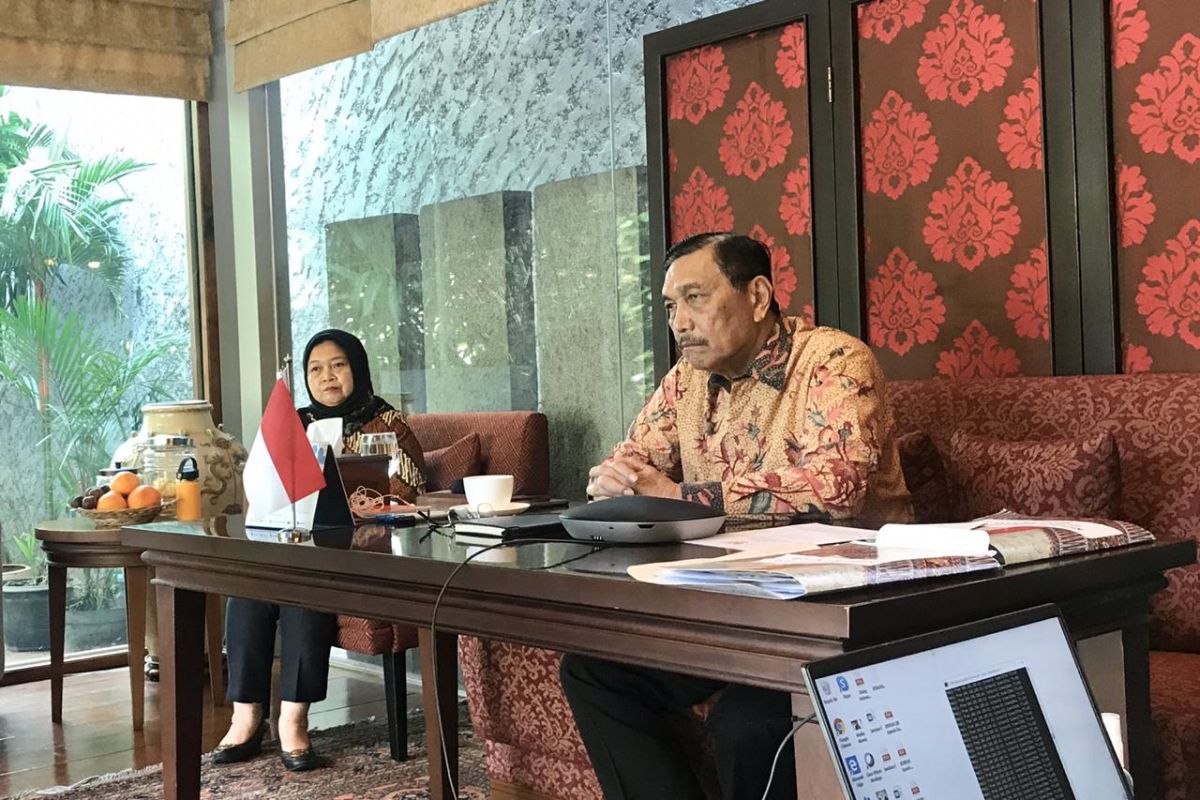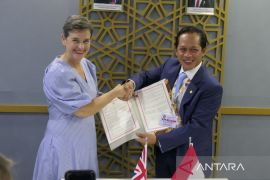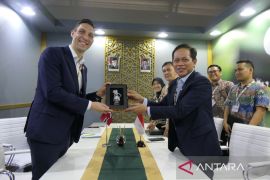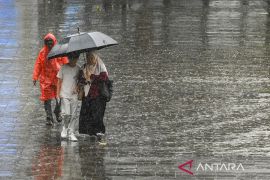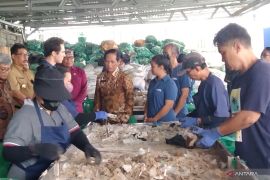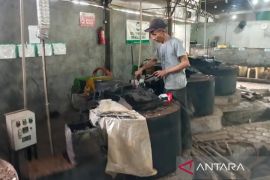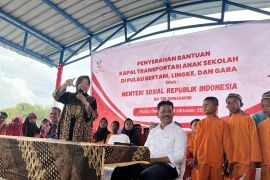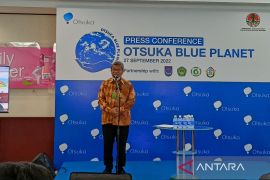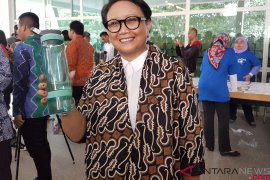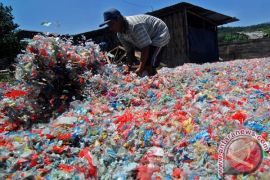"Indonesia is fully committed to implementing sustainable development programs and to combating plastic waste and has become one of our national priority agendas," Coordinating Minister for Maritime Affairs and Investment Luhut Binsar Pandjaitan stated while delivering his keynote address in the Radically Reducing Plastic Pollution: Digital Launch of Indonesia's Multi-Stakeholder Action Plan with the Global Plastic Action Partnership here on Wednesday.
President Joko Widodo has taken a strategic step by stipulating Presidential Regulation Number 97 of 2017 on National Policy and Strategy for Household Waste Management and Similar Waste of Household Waste, and Presidential Regulation Number 83 of 2018 on Handling of Sea Waste that contains an action plan for handling plastic waste at sea during the 2018-2025 period.
Indonesia has made numerous efforts to tackle marine trash, right from restoring Citarum River, which was earlier claimed to be the second-dirtiest river in the world with existing policies, to building plastic waste recycling facilities in several cities.
"Meanwhile, to control the use of plastics, the government has issued a roadmap policy to reduce plastics by producers and encourage the growth of the recycling industry," he remarked.
Indonesia joined the Global Plastic Action Partnership, a new public-private collaboration platform that was launched at the World Economic Forum last year.
Indonesia became the first country in the world to launch the Indonesian National Plastic Action Partnership (NPAP), a solution-driven and inclusive partnership to deal with plastic pollution, and a similar partnership scheme is currently being prepared for Ghana and soon also for Vietnam.
"We are pleased to launch and share with you today the NPAP Multi-stakeholder Action Plan, with five system change interventions that can support Indonesia to reduce 70 percent of the plastic pollution by 2025," the minister revealed.
The five interventions are reducing or replacing the use of plastic to prevent consumption of one million tons of plastic annually; redesigning plastic products and packaging based on the principle of reuse or recycle; doubling the collection of plastic waste by over 80 percent by 2025; doubling the waste recycling capacity by 2025; and building waste disposal facilities to manage waste that cannot be recycled.
Pandjaitan is optimistic that Indonesia's Action Plan would be a source of inspiration in challenging times such as this and is expected to fuel deeper collaboration and commitment from others on the global stage.
"This vision goes further, that our goal in 2040 is to achieve a plastic pollution-free Indonesia, which embodies the principle of circular economy, where plastic will no longer be dumped into our oceans, waterways, and landfills but will continue to have a new life," Pandjaitan explained.
On the same occasion, Global Plastic Action Partnership Director Kristin Hughes, concurrently member of the Executive Committee of the World Economic Forum, lauded Indonesia's major steps by showcasing a world-class example of how to deal with a complex problem, specifically plastic pollution, through a collaborative and efficient multistakeholder approach.
"We see that the power of communities in Indonesia and around the world is becoming increasingly important to unite in new and creative ways, to openly exchange expertise and experience, and act simultaneously to solve the most pressing problems that are being faced," she expounded.
The action plans of multistakeholders to reduce pollution and plastic waste in Indonesia have been prepared through close consultation and collaboration with leading plastic waste and plastic pollution experts in Indonesia, including members of the Indonesian NPAP Steering Board, NPAP Expert Panel, across ministries and institutions, as well as other key stakeholders.
NPAP Indonesia comprises over 230 organizations from the central and local governments, the business and investment community, civil society and youth advocacy groups, foreign diplomatic missions, as well as research institutions and academics.
To translate the recommendations in the Action Plan into concrete action, NPAP members have formed five new task forces on policy, innovation, financing, behavior change, and metrics. Related news: Jakarta bans single-use plastic and expects to reduce waste volume
Related news: Plastic waste entering Jakarta bay is mostly Styrofoam
EDITED BY INE
Translator: Ade Irma J, Fardah
Editor: Suharto
Copyright © ANTARA 2020
